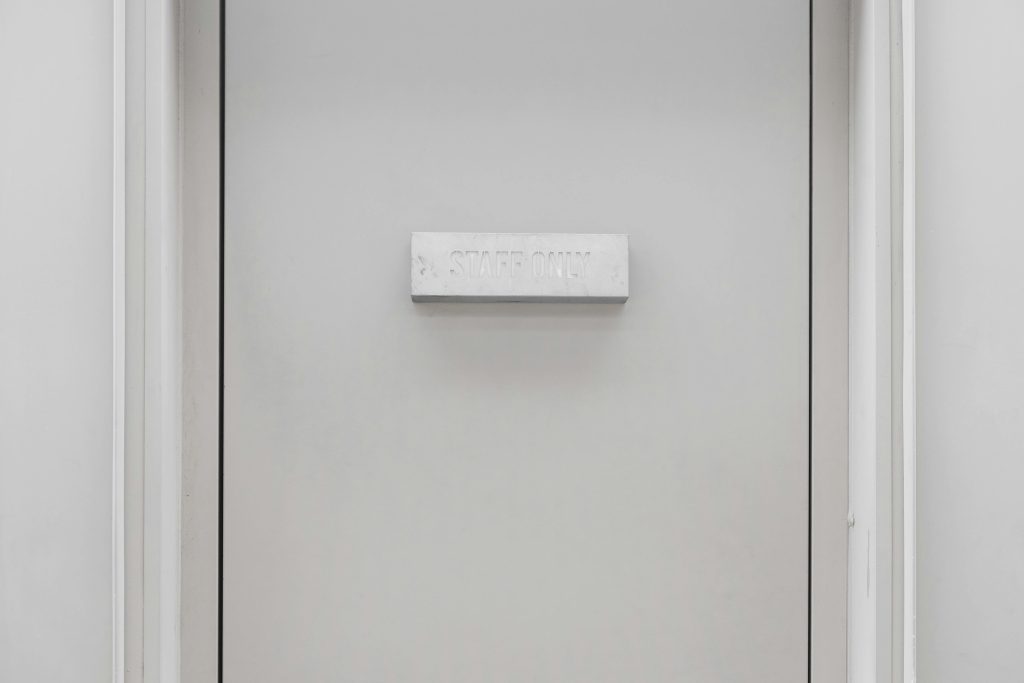Introduction
Small actions, done consistently, shape the course of our lives. Whether you’re aiming to boost productivity, improve well-being, or gain control over your time, the foundation lies in building strong habits and routines. But while motivation may spark change, it’s the systems you build that sustain it.
At Focusly, we understand that real transformation comes from consistency—not intensity. In this guide, we break down the most effective strategies to help you establish lasting habits and build routines that stick, empowering you to achieve long-term success.
1. Start Small and Stay Consistent
Success in habit formation begins with scaling down the goal. It’s easier to commit to two minutes of meditation than thirty. Once the action becomes automatic, you can build on it.

Try:
- 5 push-ups instead of 30 minutes at the gym
- Writing one sentence a day instead of finishing a full chapter
- Drinking one glass of water in the morning before changing your entire diet
Consistency builds identity. Start small, and grow gradually.
2. Use Habit Stacking to Anchor New Behaviours
Tie new habits to existing routines. This technique, known as habit stacking, creates built-in triggers that reinforce consistency.
Examples:
- After I make coffee, I’ll write my top 3 priorities for the day.
- After I brush my teeth, I’ll do 30 seconds of deep breathing.
- After I take off my shoes, I’ll lay out my gym clothes.
By linking actions, you reduce decision fatigue and make habits effortless.
3. Design Your Environment for Success
Your surroundings influence your behaviours more than you think. Shape your environment to nudge yourself toward the right choices.
How to do it:
- Keep healthy snacks at eye level, and junk food out of sight
- Place your journal and pen on your pillow as a bedtime reminder
- Leave your running shoes by the door the night before
When your environment supports your goals, success becomes the path of least resistance.
4. Use Visual Cues and Tracking
Seeing your progress builds momentum. Use habit trackers, calendars, or visual cues to stay accountable.

- Mark an “X” on the calendar each day you complete a habit
- Use a habit tracking app to get reminders and data
- Create a visible checklist on your fridge, mirror, or desk
Even small wins build motivation. Don’t break the chain.
5. Pair Habits with Identity, Not Just Outcomes
People who succeed with habits often align them with identity, not just goals.
Instead of:
- “I want to run 3 times a week”
Try:
- “I’m the kind of person who doesn’t skip workouts”
When habits reflect who you believe you are, consistency becomes natural—not forced.
6. Schedule Your Routines—Don’t Leave Them to Chance
The most successful routines are planned and protected like appointments.
- Block time in your calendar for morning and evening routines
- Set reminders or alarms to trigger habit start times
- Treat your routine with the same respect as a meeting or commitment
A routine without a time is just a wish. Put it in your schedule.
7. Limit the Number of Habits You Build at Once
Focus builds results. Trying to change too many habits at once leads to burnout and inconsistency.

Best practice:
- Start with 1 to 2 core habits
- Stick with them for 30–60 days before adding more
- Let success compound before increasing complexity
Simplicity is your ally in sustainable change.
8. Plan for Failure—and Get Back on Track Quickly
You’ll miss a day. That’s human. The key is to not miss two.
- Forgive yourself quickly and restart
- Reflect on why you slipped—was it timing, energy, or environment?
- Make a plan to avoid the same trigger next time
Success in habits isn’t about perfection. It’s about getting back on track faster each time.
9. Use Rewards and Positive Reinforcement
Give yourself something to look forward to—celebrating success reinforces the behaviour.
Examples:
- Enjoy your coffee after completing your workout
- Give yourself five minutes of screen time after writing your journal entry
- Celebrate weekly streaks with a small reward or moment of gratitude
Rewards make habits emotionally satisfying and enjoyable to maintain.
10. Review and Refine Your Routines Regularly
Your life changes—your routines should too. Reflect monthly or quarterly to evaluate:

- What’s working?
- What feels forced or unnecessary?
- What’s missing from your current routine?
Make small adjustments to keep your routines aligned with your values, lifestyle, and goals.
Conclusion
Success in habits and routines isn’t about discipline alone—it’s about designing your life so that positive behaviours become automatic. With the right systems in place, you can make consistency your default setting and transform small actions into significant results.
At Focusly, we believe your habits define your direction. Start with intention, build with patience, and you’ll find that lasting change is closer than you think.

Leave a Reply